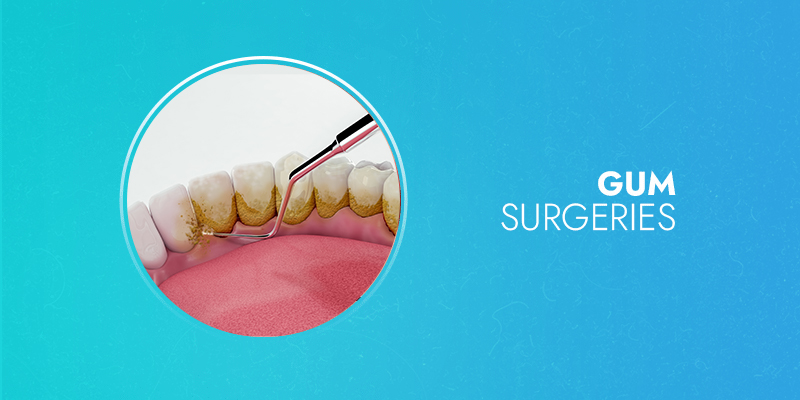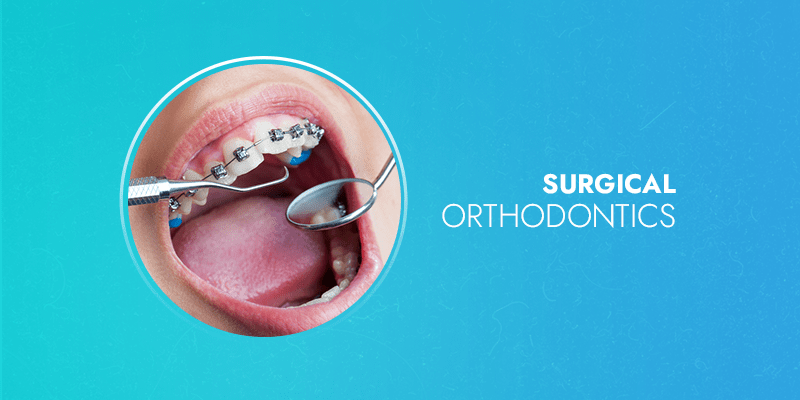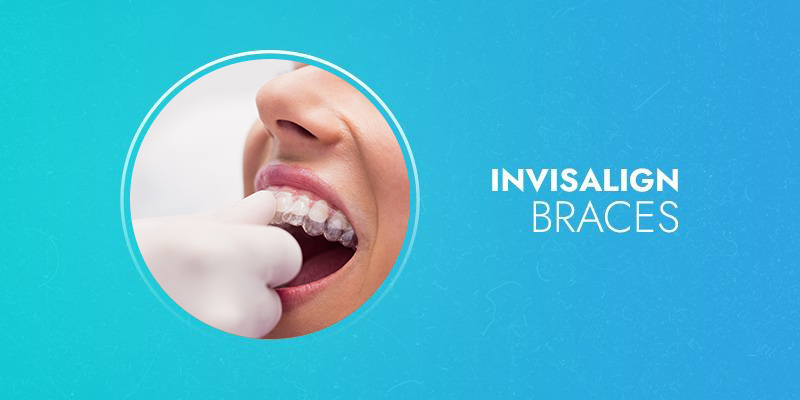Preventive Dentistry
Prevention is better than cure.
Preventive dentistry is a practice to take care of your oral health in a better way. This method of dentistry focuses on avoiding gum infections, cavities, tooth loss, enamel deterioration, and many such. With changing lifestyles it is important to practice preventive dentistry as we are much prone to dental problems. Preventive dentistry is beneficial for children as it helps newly erupted adult teeth to last longer.
The procedure of preventive dentistry
Preventive dentistry involves a complete oral examination to assess gum health, presence of any tooth decay or cavities, anticipating complications, etc. There are different ways to treat dental problems and prevent complications. Preventive dentistry mainly focuses on patient education on maintaining good oral hygiene.
Dental cavity prevention:
This procedure usually involves measures that help prevent tooth decay. Sealants are put in the deep fissures at the back of the teeth that tend to decay often. Next comes the application of fluoride, a safe mineral that helps strengthen your teeth making them resistant to tooth decay.
Oral prophylaxis is a simple procedure in which infection-causing plaque and tartar are removed by scaling and polishing the surface of your teeth. The treatment is painless as the process just removes the food debris and plaque.
It also involves interception of expected dental complications such as jaw discrepancies, teeth crowding and others. Intervention at the right time would avoid most of the dental complications that require extensive and time taking treatments.
Benefits of Preventive Dentistry
Oral health portrays overall health. Some benefits of preventive dentistry are
- Preserving the health of gums and teeth
- Lower risk of premature tooth loss
- Lesser chances of gum diseases
- Eliminates bad breath
- Cost-efficient
- Improves overall health and well being
- Good success rate
- Less invasive





